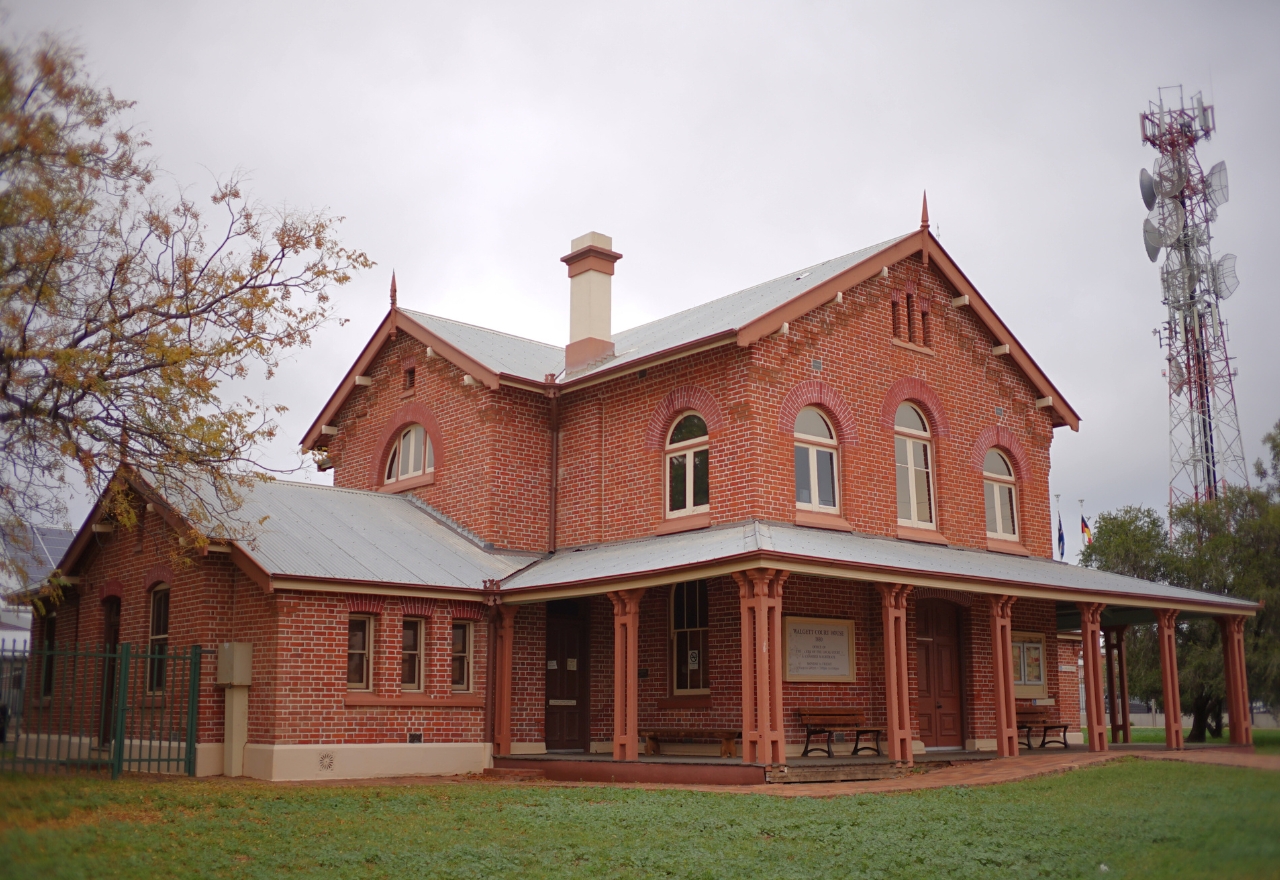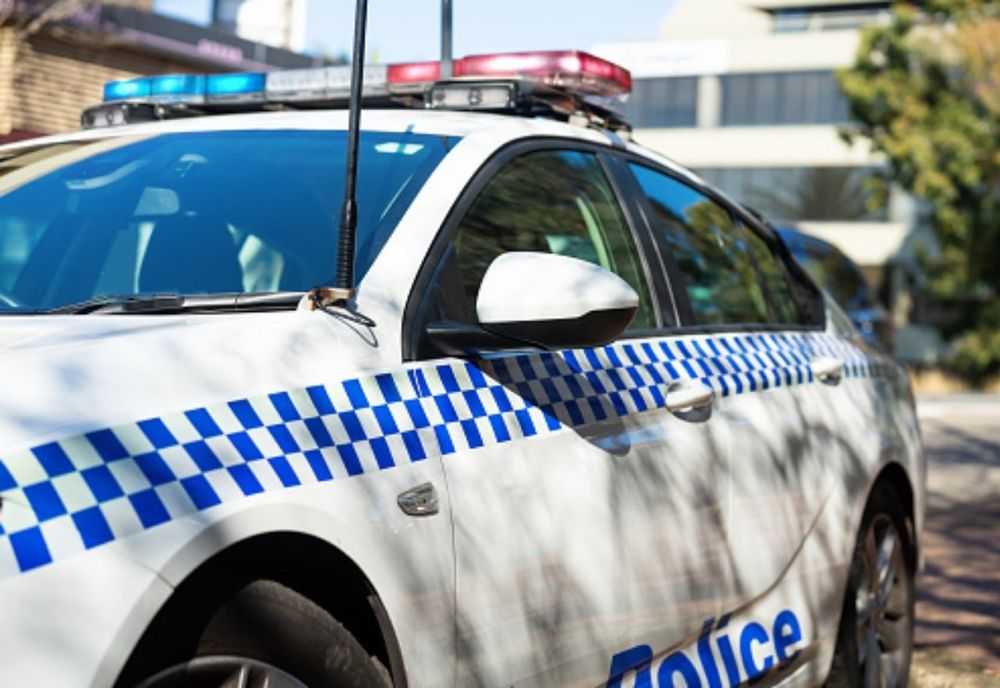Proposal could make it easier to prosecute 10-13-year-olds
River McCrossen
23 November 2025, 8:20 PM
 Walgett Court House. [IMAGE: River McCrossen]
Walgett Court House. [IMAGE: River McCrossen] NSW premier Chris Minns says his government will push to make it easier to hold 10-13-year-olds criminally responsible after they tabled changes to youth crime laws in Parliament on Tuesday 18 November.
The reform would require courts to weigh what a child has done, and the circumstances around an offence, when considering if they know what they did was seriously morally wrong.
Under the legal concept of doli incapax, children within the age range have been presumed not to have the capacity to be criminally responsible.
It is something that country mayors have been pushing to have reviewed, but it seems they are not the only ones seeking change.
Sydney MP Michael Daley introduced the proposal and said it would allow prosecutors to challenge the presumption without - or despite - evidence of the child's intellectual and moral development.
"[The reform] confirms that whether a child knew their conduct was seriously wrong is a question of fact, as opposed to a question of law," Mr Daley said in a speech to Parliament.
"It does not require the child to know that the acts are criminal or illegal.
"The bare facts necessary to satisfy the elements of the offence will not, on their own, be sufficient to rebut the presumption.
"For example, proof that a 10‑year‑old child hit a household member would not be, of itself, enough to prove that the child knew it was seriously wrong to do so, no matter how objectively wrong that act is."
READ: Premier comes to the party on youth crime prevention
Courts would also need to consider the environment the child was raised in.
The reforms follow an independent review of doli incapax earlier this year, which was led by ex-NSW Supreme Court member Geoffrey Bellew and former NSW Police deputy commissioner Jeffrey Loy.
The review noted that prosecutors were unable to rebut the presumption in a vast majority of cases.
It recommended that the principle be set in NSW legislation and unchanged from its current common law definition.
Common law refers to precedents established in courts to resolve legal disputes.
"The expert reviewers – a former NSW Police commissioner and Supreme Court judge with over 80 years’ combined legal systems experience – found that using criminal courts and punishment to control children is unproductive and fails to provide a meaningful, long-term solution for the child and the community," Aboriginal Legal Service CEO Karly Warner said.
"Locking up children not only compounds existing trauma for that child, it also increases the likelihood that they will reoffend – ultimately increasing future crime.
"The majority of 10-year-olds that NSW Police decide to charge and drag to court are Aboriginal children.
"Any change intended to increase conviction rates for children represents another departure from the government’s Closing the Gap commitments."
The review also supports boosting access to diversionary programs for 10 to 13-year-olds.
NSW Greens justice spokesperson Sue Higginson also welcomed legislating doli incapax, although she said the age of criminal responsibility should be lifted to 14.
At the moment, children under 10 cannot be charged in NSW.
"Anything less leaves NSW trapped in a cycle of political panic and child harm,” she said.
"Children aged 10 to 13 do not have the cognitive capacity to understand criminal intent and early contact with the criminal legal system dramatically increases the likelihood of future offending.
"The review the Government commissioned confirmed this, yet the Government continues to ignore it.
"What we needed was a commitment to keep children out of prisons, invest in community-led supports and finally stop criminalising the youngest and most vulnerable."



